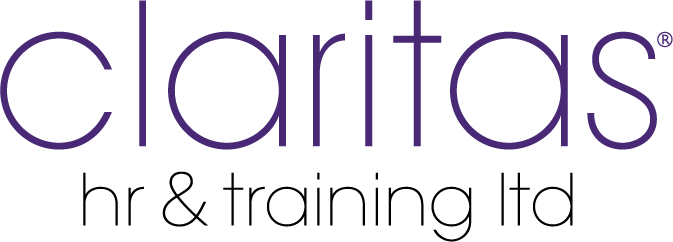When your business reaches a certain size, you will find yourself needing some help managing your team. It’s a great stage of growth and a really exciting time for businesses. But it also means you need to make some tough decisions. For example, do you hire an internal HR manager for your business? Or do you outsource the function to a HR company?
Whichever avenue you go down, it’s important that you find a HR solution that is proactive, and not passive. By definition, passive HR is when you have an HR function, but they only really come into play when something goes wrong. This is sadly quite a common occurrence in smaller businesses, and often happens when the HR function is mixed with another function, like accounting or management. This arrangement might sound ideal for the budget conscious business, but in reality, a passive HR function can do more harm than good.
HR That Doesn’t Look Out For Employees
The function of HR is two-fold – to protect your business, and to protect your employees. For your employees, HR should be viewed as a safety net, someone they can come to for advice and help if they are in trouble. They are there to help mediate disputes between employees, and between employees and the business. They help resolve disciplinary issues, offer training and development and generally manage employee relations. None of which is a passive process. Organising training and mentoring requires an active HR team who are trying to address employee needs, and dispute resolution need an engaged HR department who know the employees in question and can work with them to find a solution everyone is happy with. But if your HR department waits for employees to come to them with problems, or with requests for training, it makes employees feel like they aren’t supported in their workplace.
Reactive Doesn’t Protect Your Business
If your HR department are just reacting to things happening within your business, you could end up with a lot of problems. Good HR for business is all about being proactive, and about spotting problems before they happen. This could be something as simple as seeing that two employees aren’t getting along and instigating a discussion to find out why, all the way through to knowing what new regulations are coming in and how your business will be affected. But if your HR department is reactive instead, only stepping in when problems are already happening, your business ends up having to deal with a whole host of disciplinary issues, paperwork, fines and even lawsuits, none of which is good for your business. By ensuring you have a proactive approach to HR, you can catch issues quickly and handle them early, resulting in far fewer large-scale problems further down the line.
Legal Problems
The world of HR is changing all the time. Sometimes it’s big changes, like the lift on tribunal fees, and sometimes it’s small changes, like the wording on a piece of legislation. Either way, these changes can impact your business in a big way, so it’s important to be aware of them and ready to make changes. If you have an active HR department, they will know what’s coming over the horizon and be planning a strategy to tackle it. But with a passive HR department, you will constantly be playing catch up with the legislation, which could land you in some serious legal hot water if you’re not careful.
At AJ HR Solutions, we work with businesses across the south to create HR policies that are proactive, not reactive. With our help, you will be fully prepared for any legal issues you could face, and you can enjoy peace of mind knowing that your policies and procedures will always be up to date. You will also have your own personal HR advisor on call to help with employee issues, maintain relationships and support your business and your employees. If you’d like to find out more, just get in touch with us today to book your free, proactive HR consultation.



